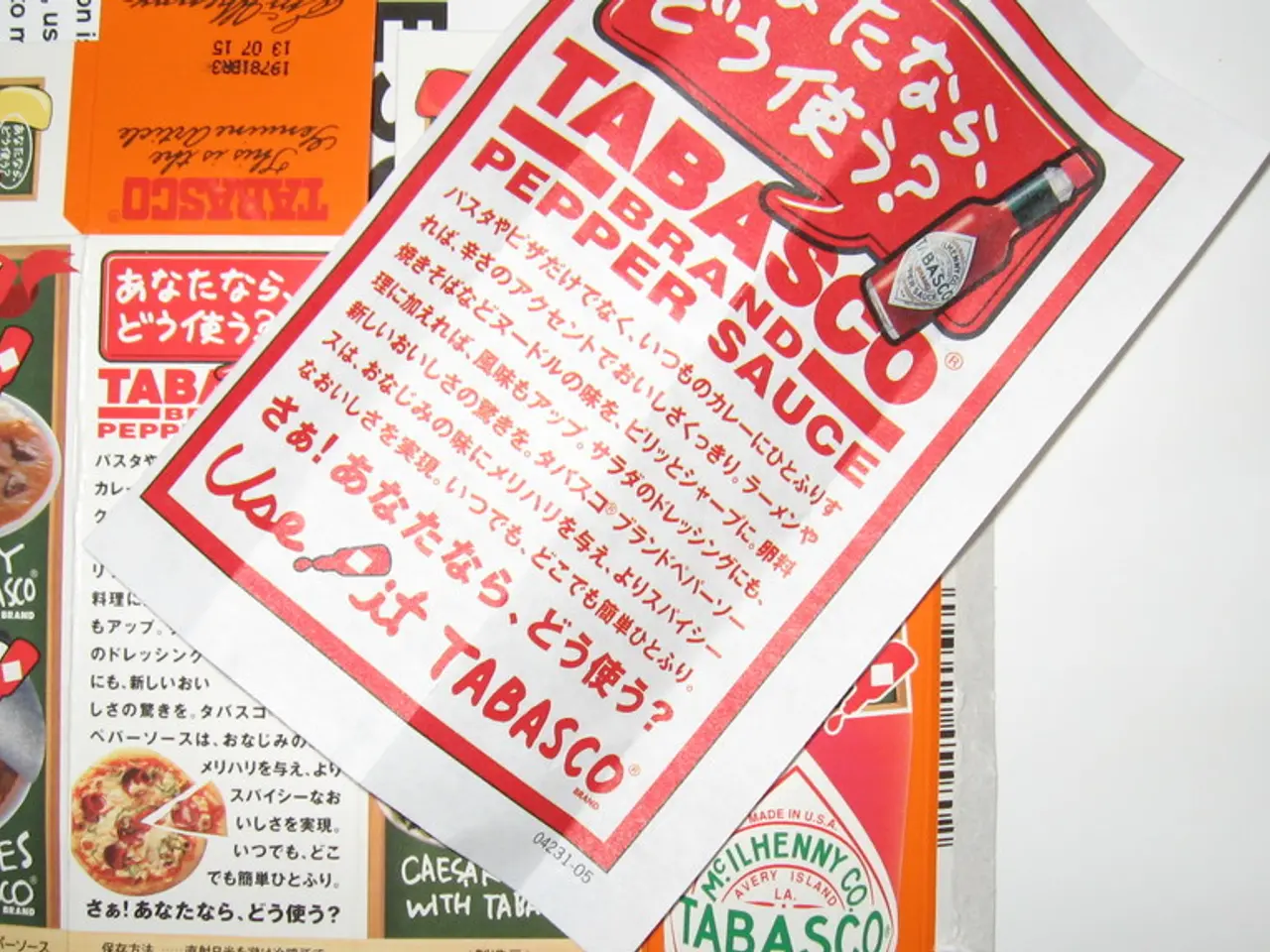Thailand Introduces Graduated "Salt Tax," Propelling Growth in Health Food Market
In a significant move towards promoting public health and reducing non-communicable diseases, Thailand is set to implement a tiered salt tax on food, beverage, and snack products effective June 9, 2025. The tax, similar to existing sugar taxes on sugar-sweetened beverages, will be based on the amount of sodium per serving, with progressive rates applied depending on the salt content.
This policy is expected to have a profound impact on the industry, as companies will face higher costs for high-sodium products. To prepare, they are likely to invest in reformulating their products to lower salt levels and avoid higher tax brackets, thus maintaining competitive pricing and market appeal.
Food producers and manufacturers will need to work closely with regulatory authorities such as Thailand’s Ministry of Health and Food and Drug Administration, who will jointly assess product sodium content to enforce the tax.
The aim of this policy is not only to improve public health by reducing sodium consumption but also to generate additional health-related tax revenues for the government. The tiered approach provides clear financial incentives for both consumers and producers to shift towards lower-sodium products, potentially leading to innovation in product development and marketing strategies focused on health benefits.
In the food sector, Nestlé has been at the forefront of this shift, focusing on reducing nutrients linked to non-communicable diseases such as sugar, fat, and sodium, while maintaining taste. In 2024, Nestlé developed 3.4 million fortified servings targeting Thai people across all age groups. As of 2021, 115 of Nestlé’s products across five categories carry the certified Healthier Choice logo.
The current soft drink market is highly competitive, driven by brand and flavor. However, the "health product" segment is becoming increasingly competitive, with the "health-conscious" group making up about 10% of the market. Under the new "health tax" era, producers are focusing on developing products with reduced sugar and sodium.
Nestlé’s product development aims to create innovative foods with good nutritional value and great taste. The updates in Thai production standards for jams, jellies, and marmalades, which aim to align with international Codex Alimentarius food standards, support this trend by providing more sweetener options, clearer and more flexible ingredient guidelines, and improved labeling requirements.
In summary, the tiered salt tax in Thailand is expected to have a significant impact on the food, beverage, and snack sectors. Companies will need to reformulate their products to meet lower sodium thresholds, and there will likely be shifts in consumer buying patterns favoring low-sodium options. The policy could lead to industry-driven product innovation aligned with public health goals.








